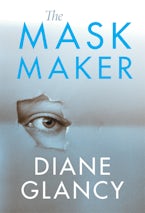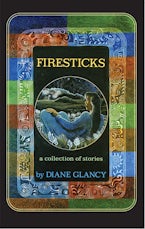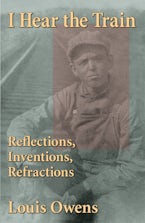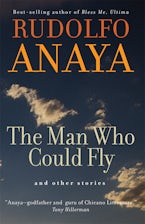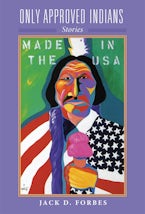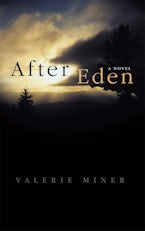The Essays
Foreword by Robert Con Davis-Undiano
Published by: University of Oklahoma Press
Imprint: University of Oklahoma Press
332 Pages | 6 x 9
$21.95
$29.95
Collected here are Anaya’s published essays. Despite his wide acclaim as the founder of Chicano literature, no previous volume has attempted to gather Anaya’s nonfiction into one edition. A companion to The Man Who Could Fly and Other Stories, the collection of Anaya’s short stories, The Essays is an essential anthology for followers of Anaya and those interested in Chicano literature.
Pieces such as “Requiem for a Lowrider,” “La Llorona, El Kookoóee, and Sexuality,” and “An American Chicano in King Arthur’s Court” take the reader from the llano of eastern New Mexico, where Anaya grew up, to the barrios of Albuquerque, and from the devastating diving accident that nearly ended his life at sixteen to the career he has made as an author and teacher. The point is not autobiography, although a life story is told, nor is it advocacy, although Anaya argues persuasively for cultural change. Instead, the author provides shrewd commentary on modern America in all its complexity. All the while, he employs the elegant, poetic voice and the interweaving of myth and folklore that inspire his fiction. “Stories reveal our human nature and thus become powerful tools for insight and revelation,” writes Anaya. This collection of prose offers abundant new insight and revelation.
Rudolfo Anaya (1937–2020) was Professor of English at the University of New Mexico and the award-winning author of numerous books, including the classic Bless Me, Ultima. His work earned multiple awards and honors: the Western Writers of America Owen Wister Award (2018), the National Humanities Medal (2015), the National Medal of Arts (2001), the Robert Kirsch Award for lifetime achievement from the Los Angeles Times Book Prizes (2012), and others. He lived in Albuquerque, New Mexico, where the Southwest inspired his writing throughout his life.
“Anaya’s….elegiac, deceptively simple prose [is] captivating in its aspiration and achievement.”—Publishers Weekly
“Readers will be hard-pressed to resist Anaya’s work because of the revelation and redemption it consistently offers.”—Janet St. John, Booklist
“His teaching and writing have inspired a generation of young writers and a wide readership.”—Robert Con Davis-Undiano, World Literature Today
“Anaya’s writing reflects the longing and sense of misplacement that many assimilated people feel. He shows that many layered histories shape lives, as do landscapes of the desert.”—Bernadette Flynn Low, Magill’s Literary Annual 2007



